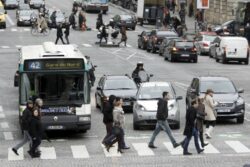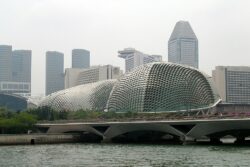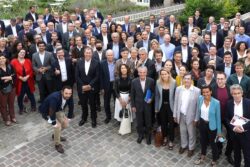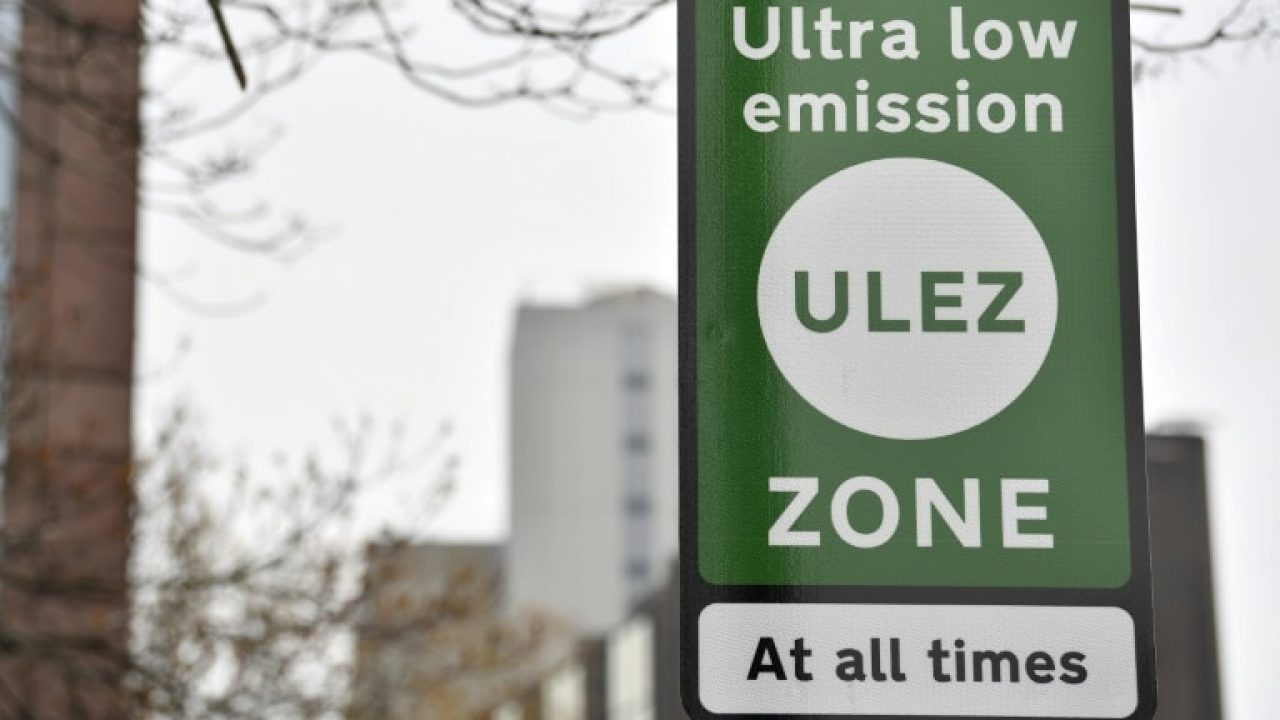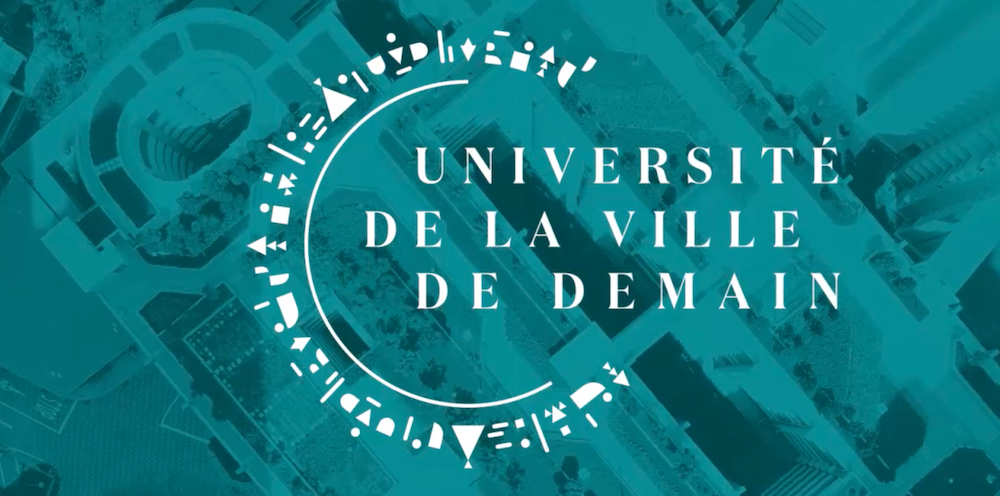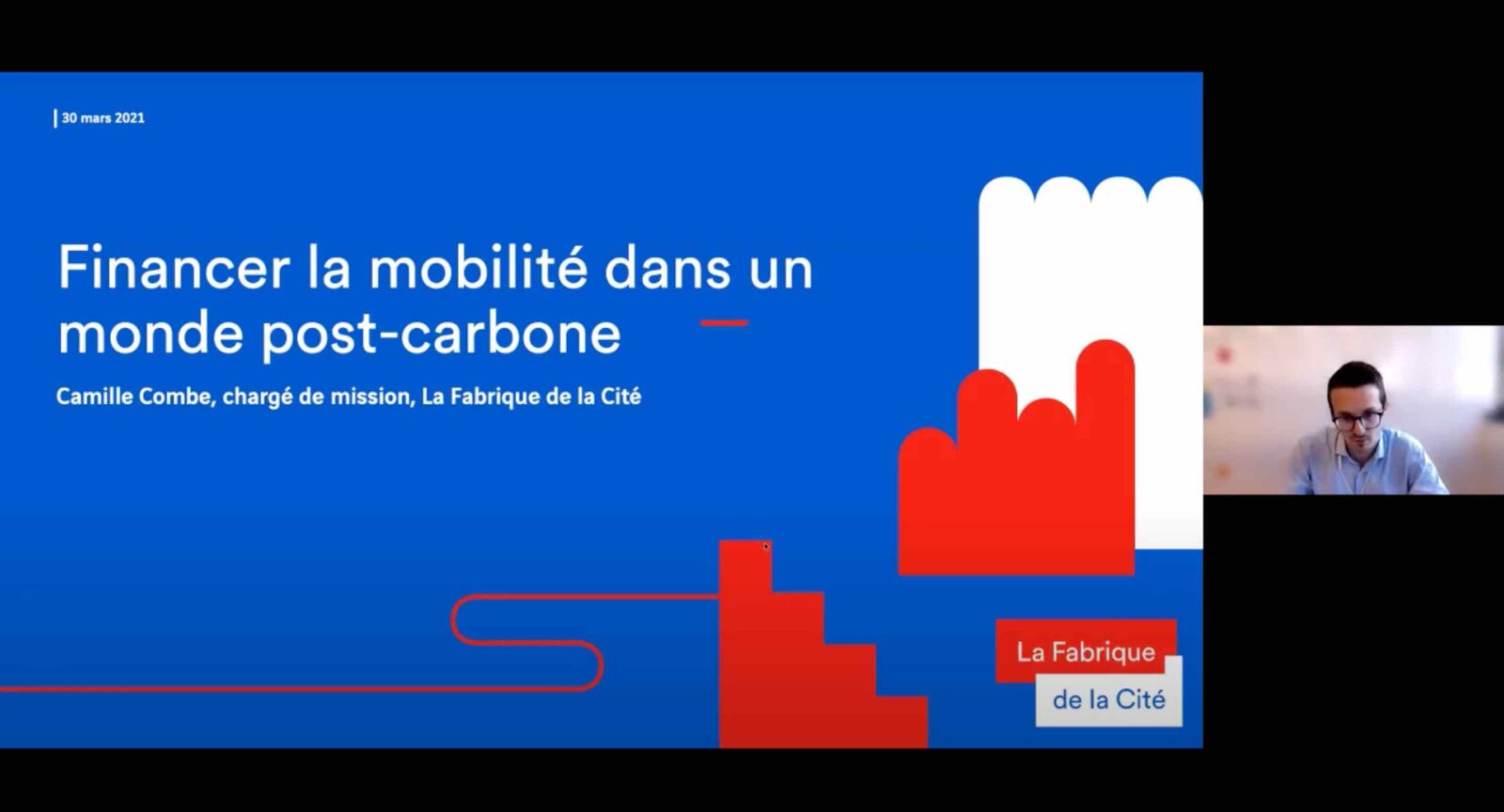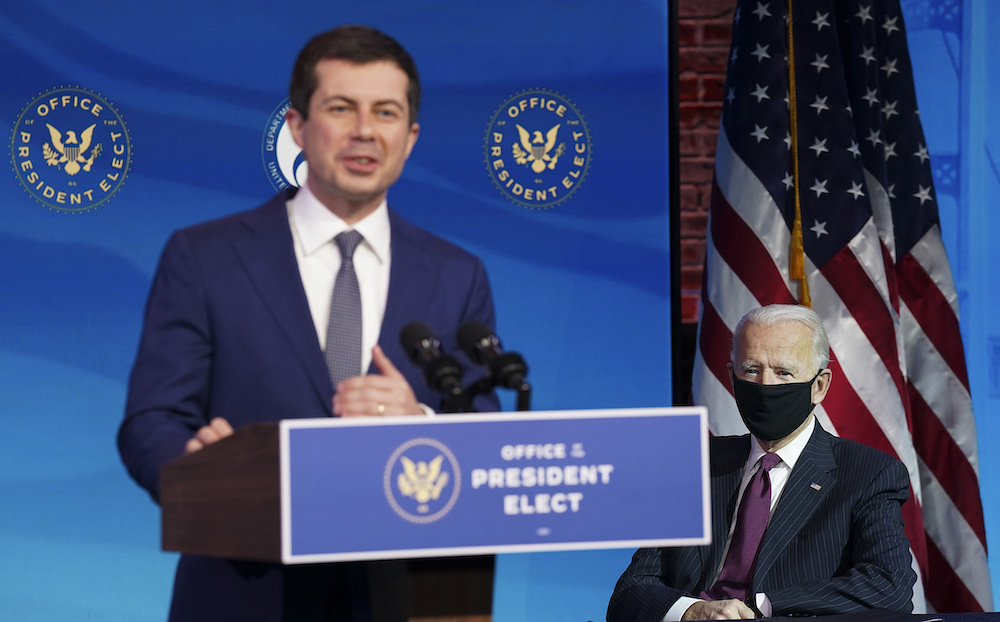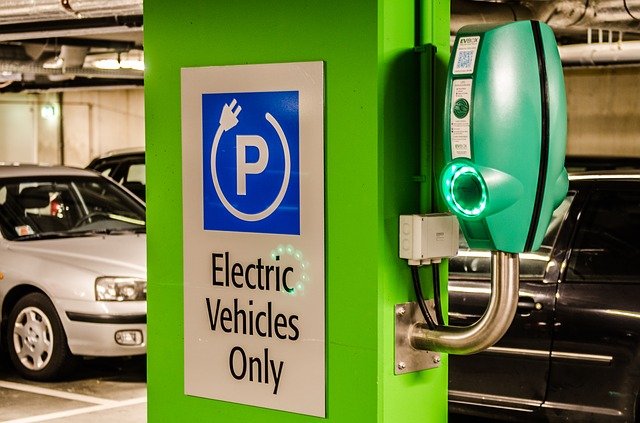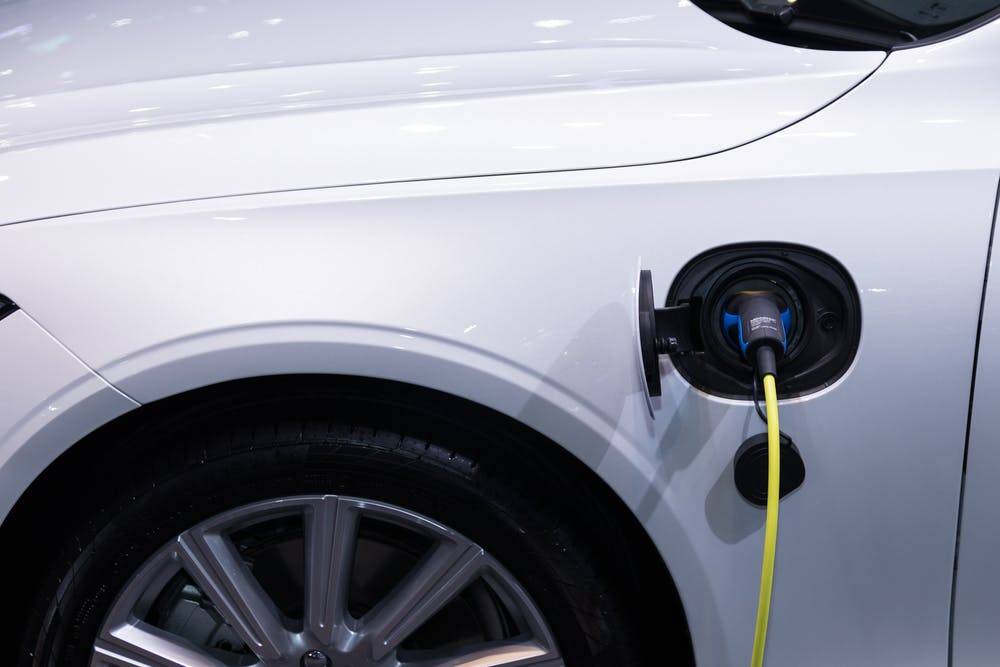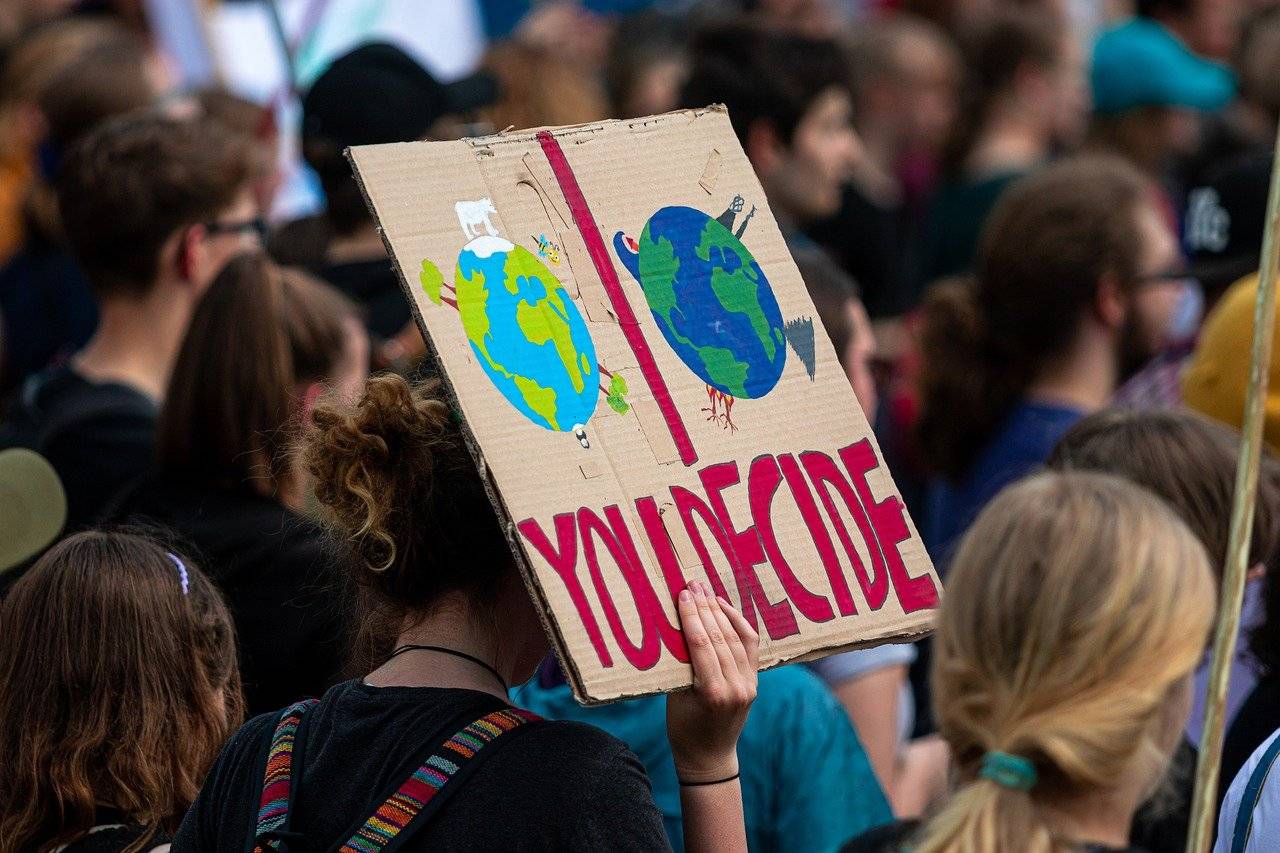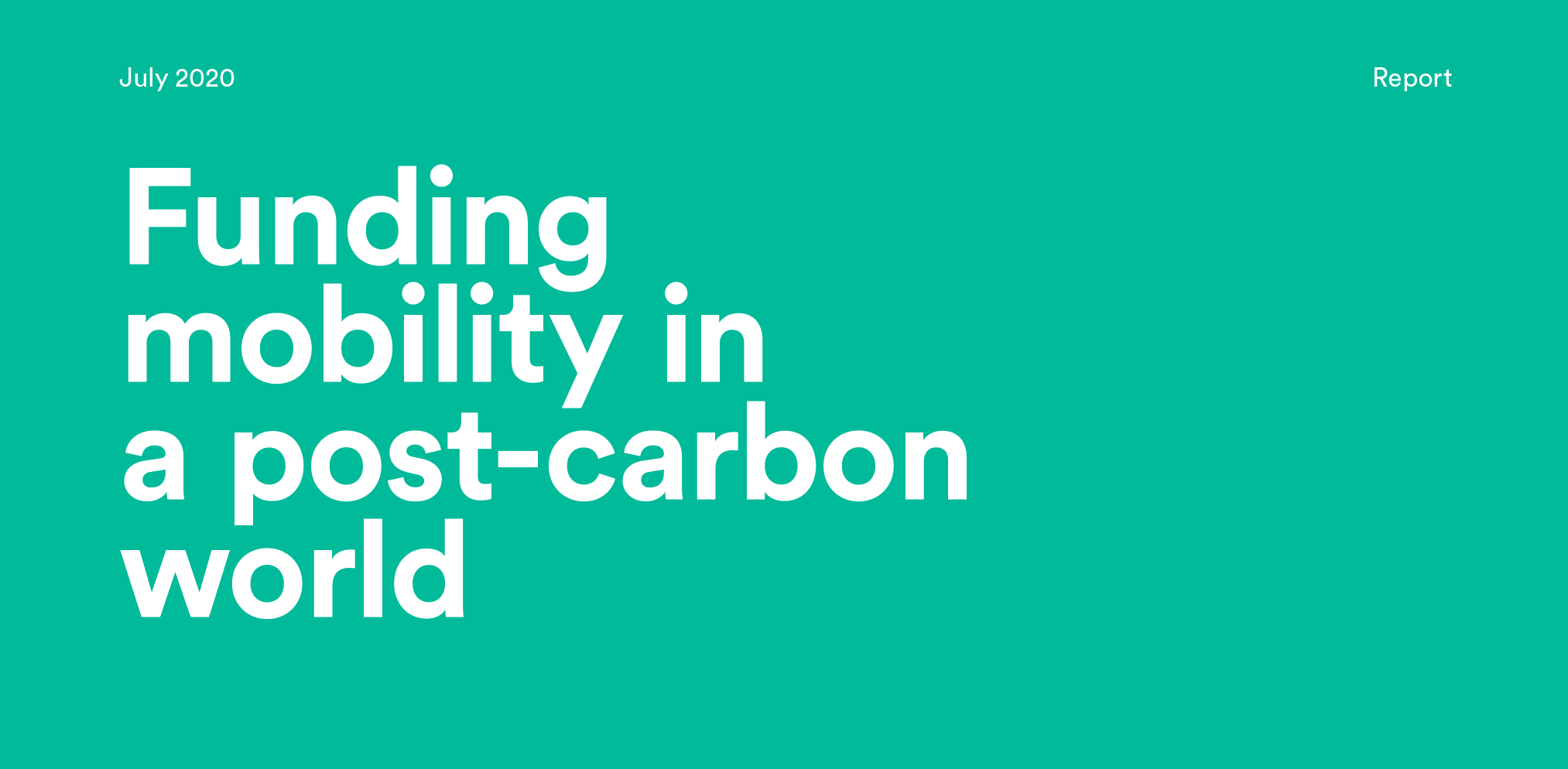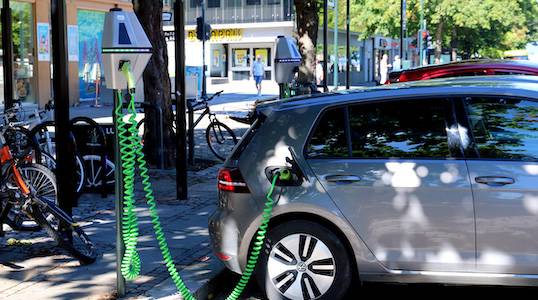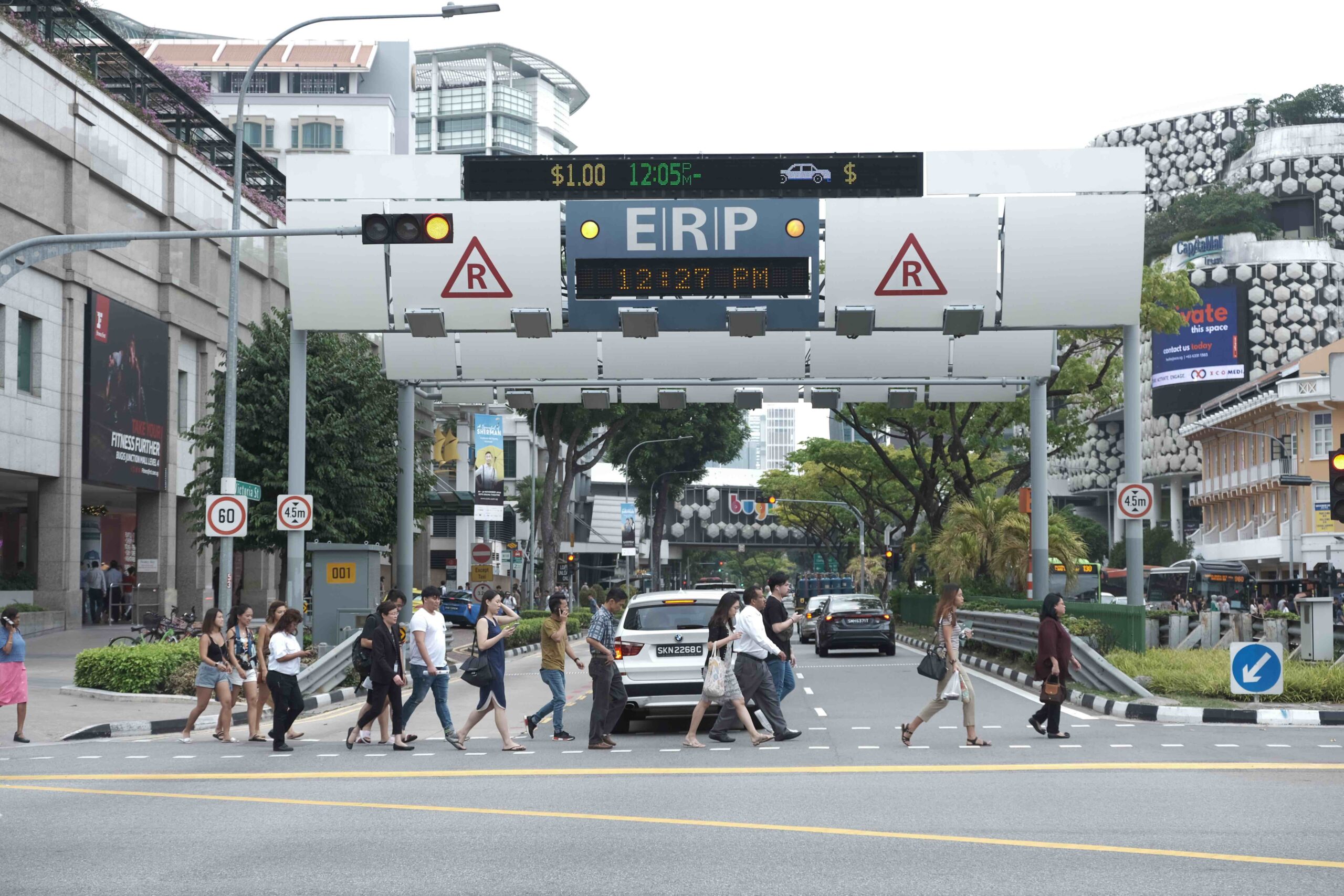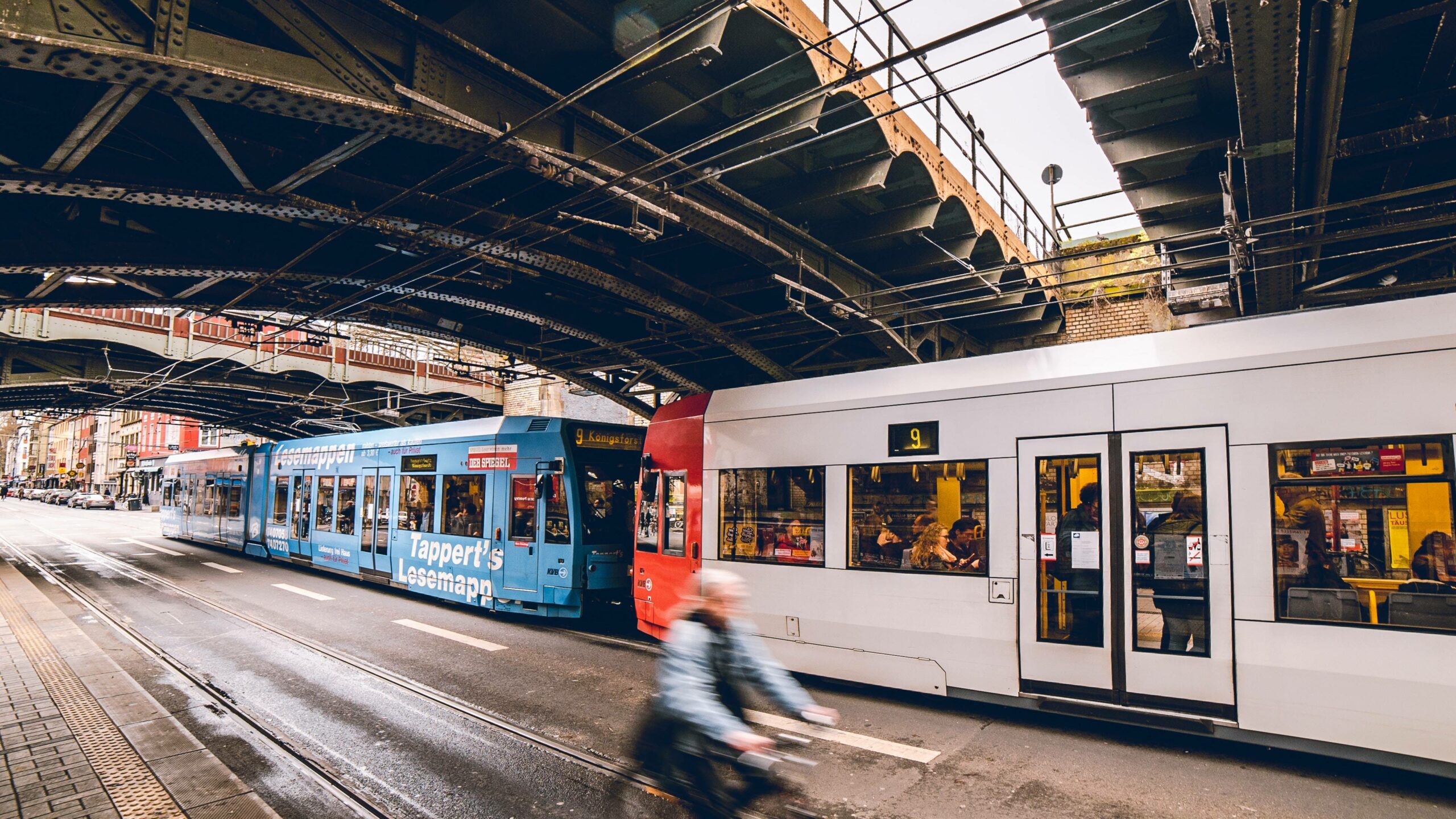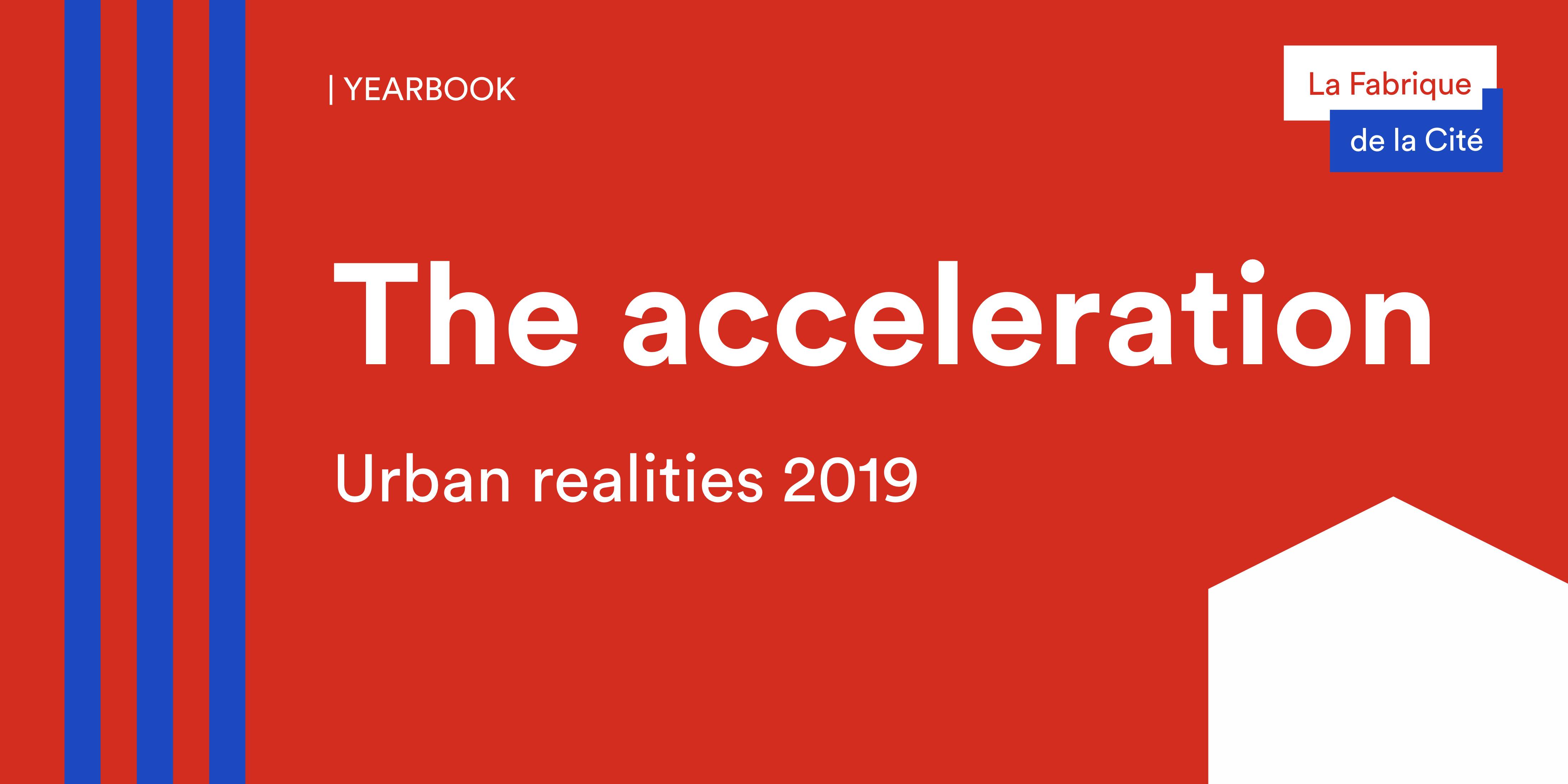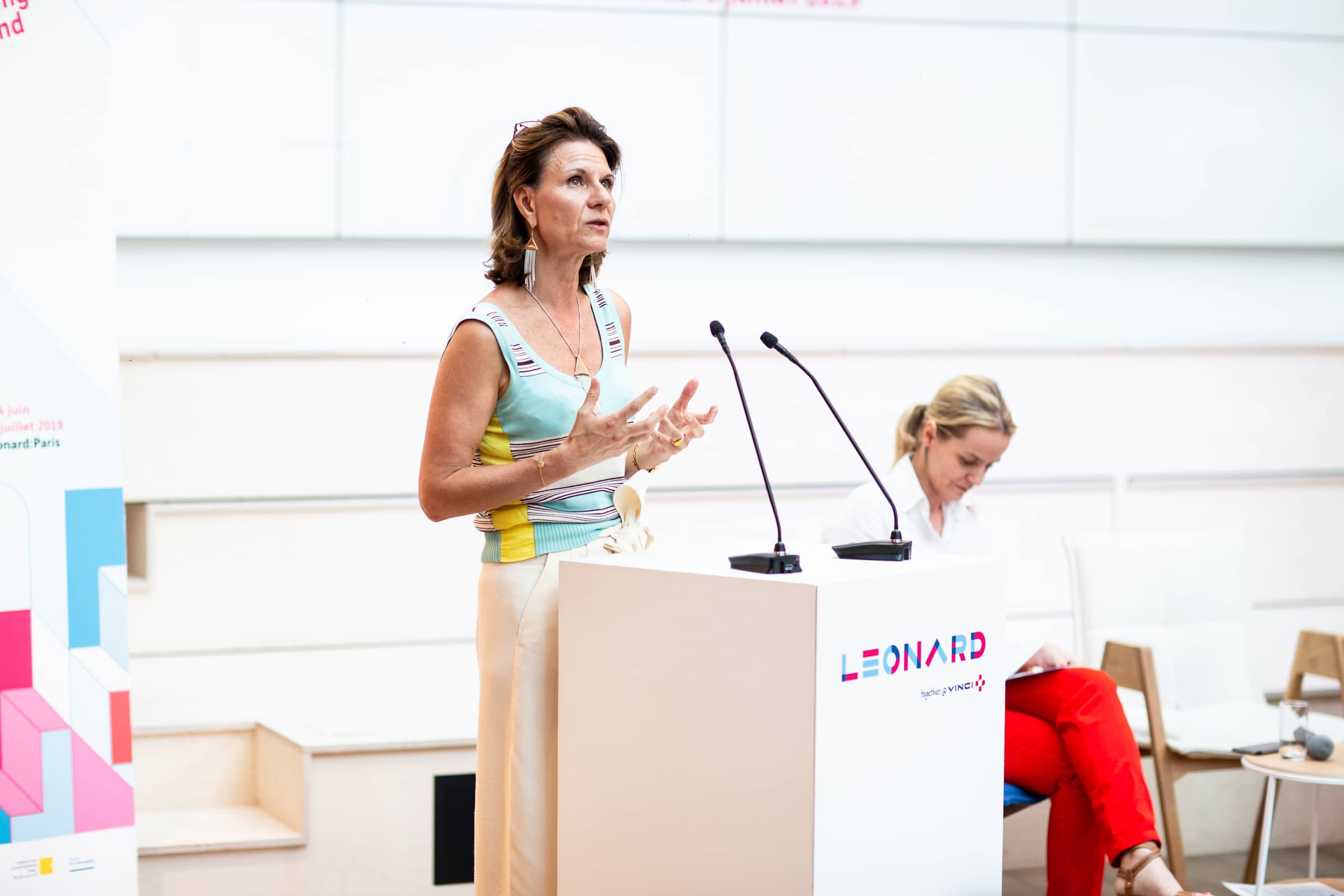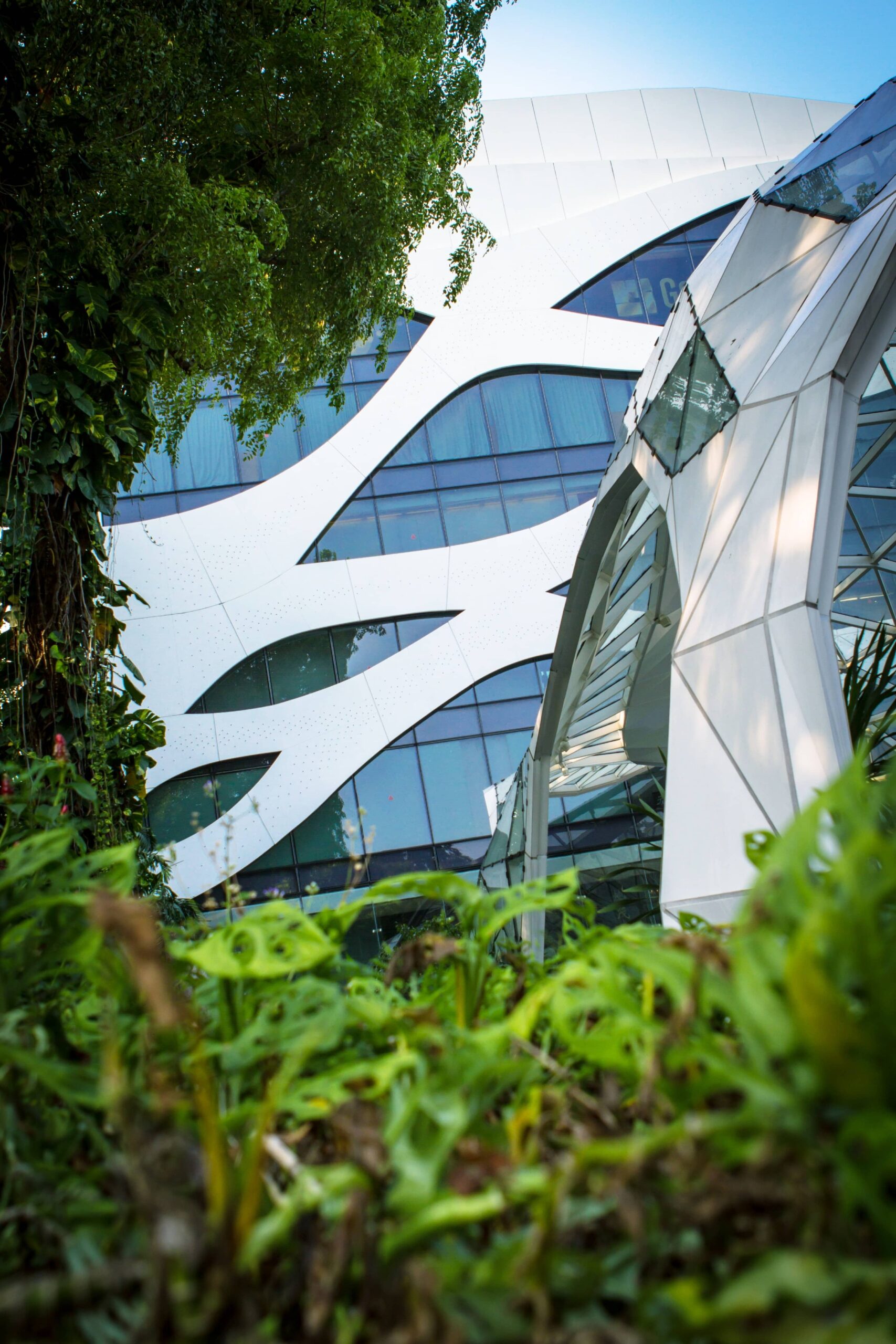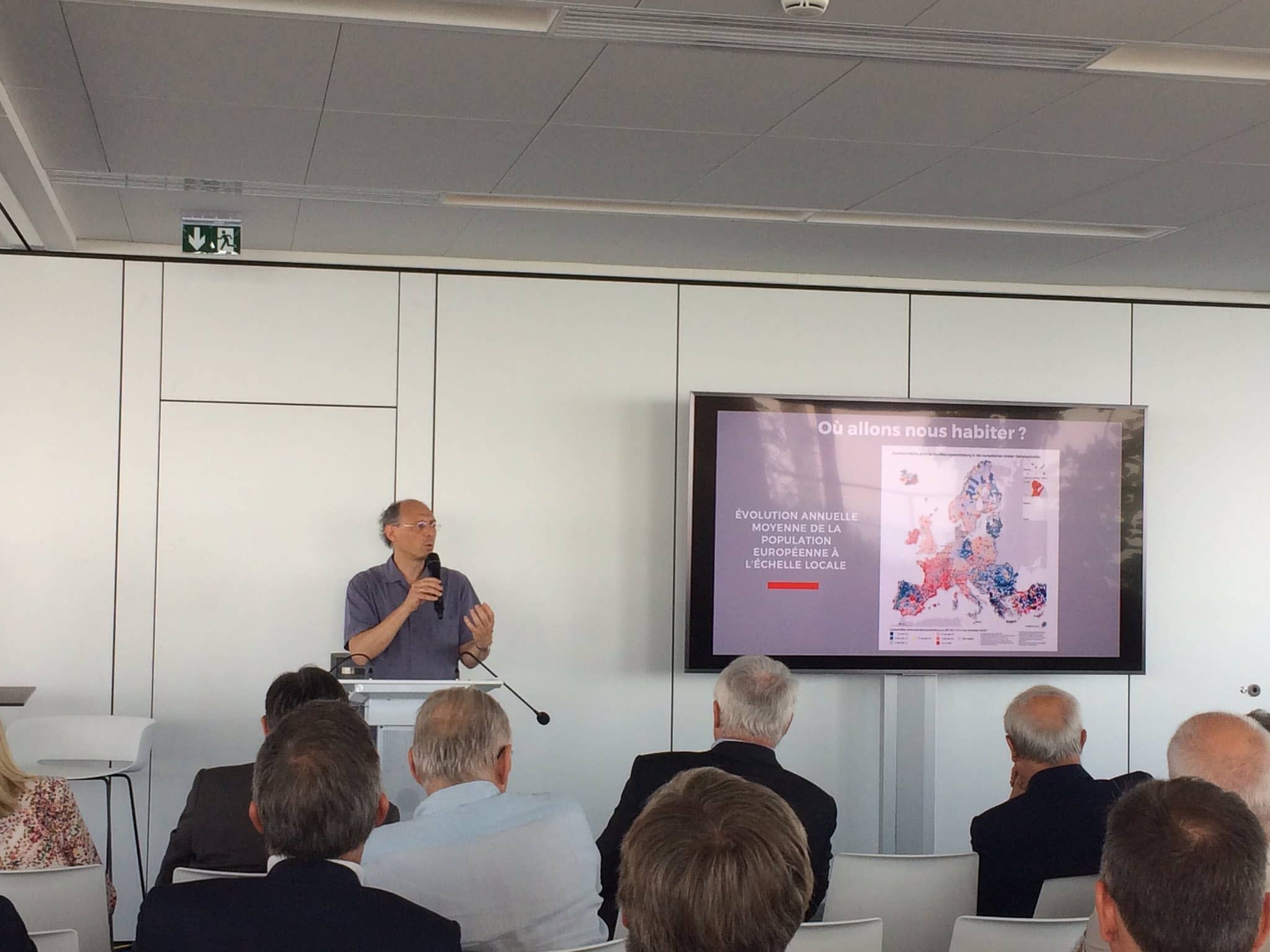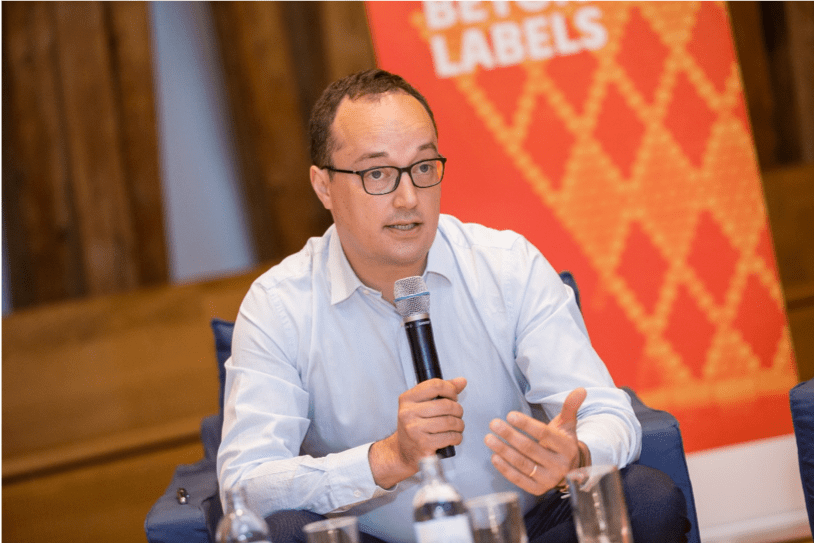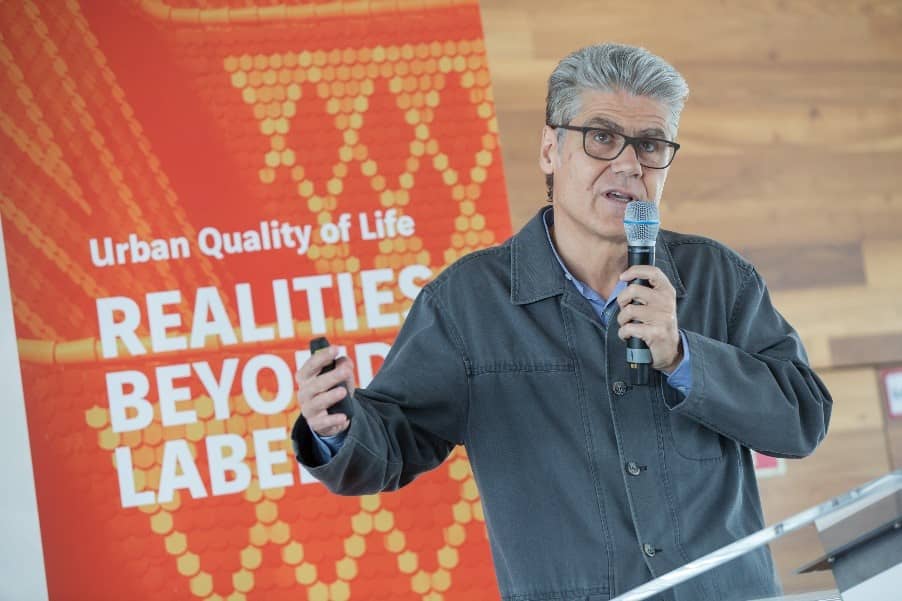

The urban challenges of electric mobility
Electric mobility in cities is one of the key solutions in the fight against global warming and emissions of greenhouse gases and pollutants, especially in countries where the electricity mix is already quasi-entirely carbon-free, such as France or Norway. Nevertheless, and despite numerous announcements, electric cars remain scarce in our cities and territories. The evolution of electric vehicle sales in recent years, however, reflects a rapid, constant, and widespread growth, heralding a future in which electric mobility will be an essential element of urban mobility.
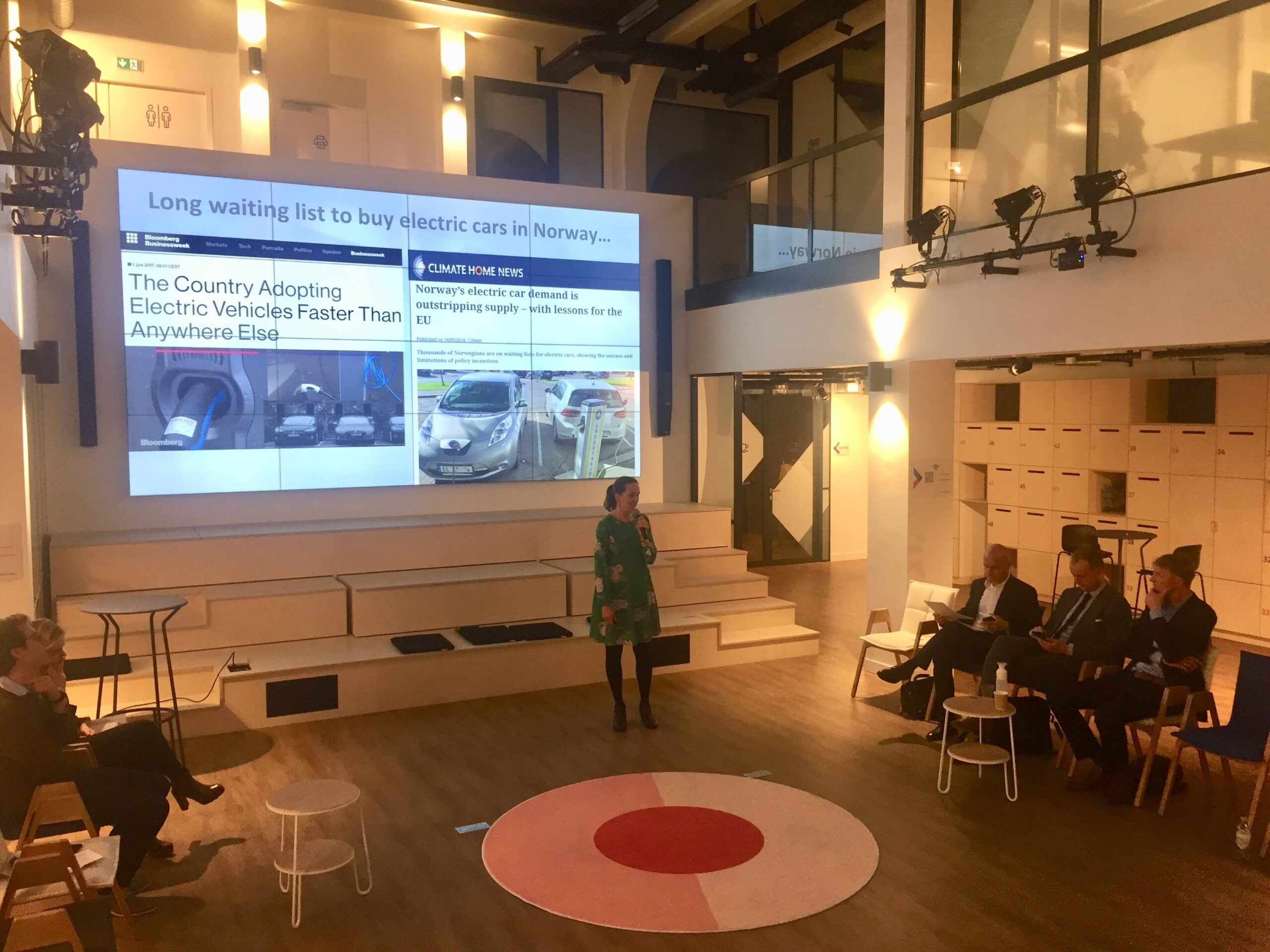
In order to discuss the urban challenges related to the development of this electric mobility, La Fabrique de la Cité welcomed, on 10 October 2018 at Leonard:Paris, Bertold Plugboer, project manager at Amsterdam Elektrisch, Gijs Van Der Poel, market analyst at ElaadNL, Eric Salomon Enedis Director for the Paris area, and Jenny Skagestad, urban transport advisor to the Zero Emission Resource Organization (Norway).
The development of electric mobility in its infancy
Despite significant technological progress in recent years, which has helped increase the range of electric vehicles and reduce their cost, the high upfront investment that these vehicles require and the numerous uncertainties related to electric motorization (range, availability of recharging, second life, etc.) continue to hinder sales of electric vehicles. Many financial incentives, direct or indirect, are therefore mobilized at the national (purchase bonus, tax (including VAT) exemptions, toll charge exemptions, etc.) and local level (free parking and recharge, use of bus lanes, priority for obtaining resident parking permits, etc.). In this respect, Norway and the city of Oslo in particular are pioneers: their incentive policies, which date back to 1990, are now bearing fruit as more than 35% of new vehicles sold in Norway in 2017 were either plug-in hybrids or 100% electric cars, a proportion that even exceeded 50% in Oslo. While this transition has been successful thus far, it will, however, involve phasing out costly incentives that reinforce car dependency, a sensitive phase that must not prevent a full shift towards electric vehicles, as Jenny Skagestad, urban transport advisor for the NGO ZERO, explained.
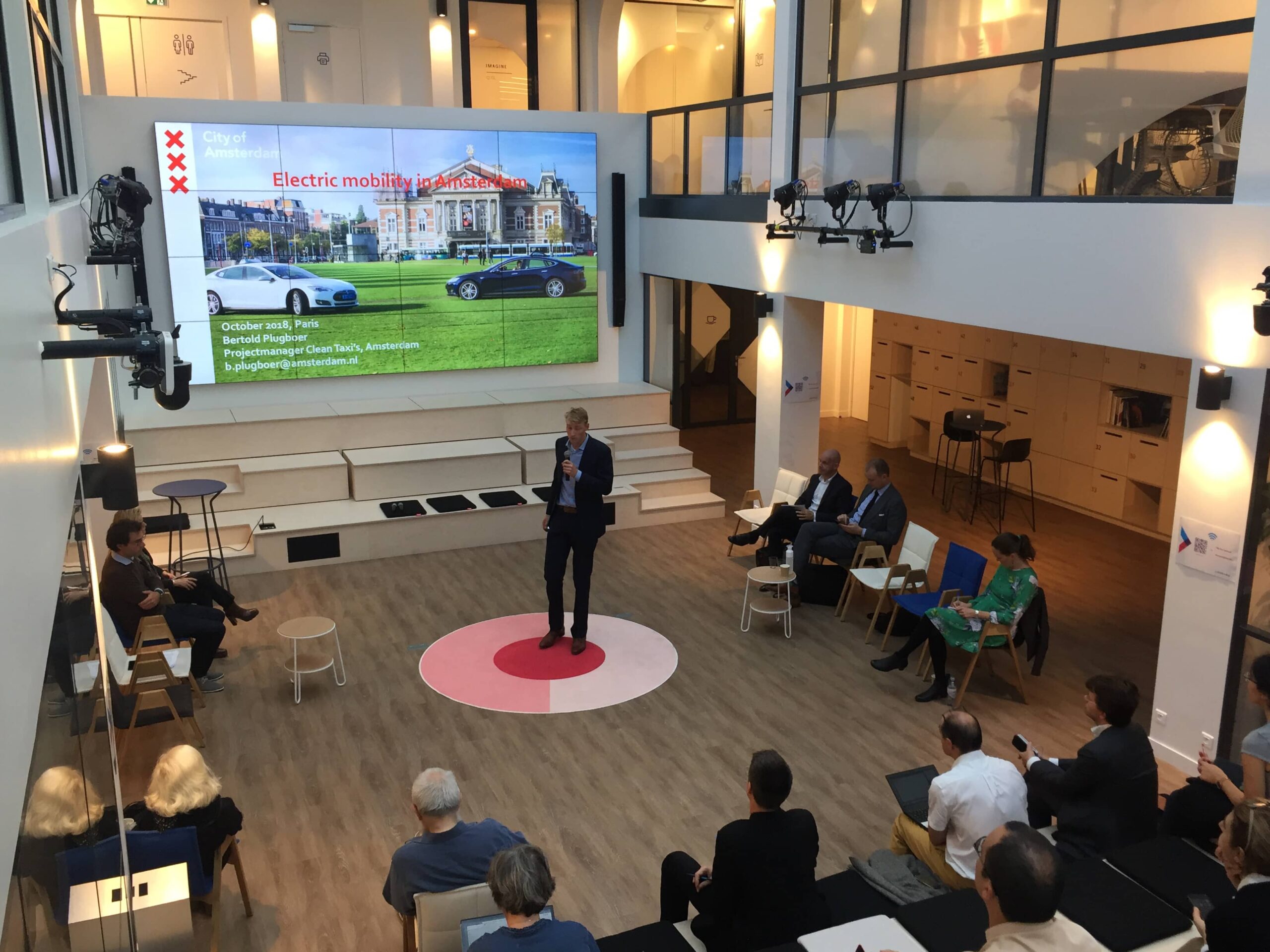
Metropolises, key to the development of electric mobility
Cities, which largely concentrate the negative externalities caused by traffic (pollution, congestion, noise, etc.), could be frontrunners in the promotion of this new mobility, with which they hope to reach their ambitious goals in terms of reducing these nuisances. Amsterdam has made this choice: the city, which aspires to make traffic zero-emission by 2025, supports many projects aiming to develop electric vehicles as explained by Bertold Plugboer, project manager in Amsterdam Elektrisch, the municipality’s dedicated electric mobility department. A low-emission zone incrementally excludes the most polluting vehicles from the city, the public charging network is developing based on requests from drivers who do not have private parking to charge their vehicles, and the municipality is negotiating with taxi companies for more green cabs in return for the installation of fast charging stations and targeted benefits for cab drivers. Finally, the local authority also supports electric car-, moped- and bike-sharing systems. All these initiatives are found in other cities currently pioneering the development of electric mobility. In addition to their local efforts, metropolises are also decisive in changing regulations and influencing government policies in favor of greater support for electromobility.
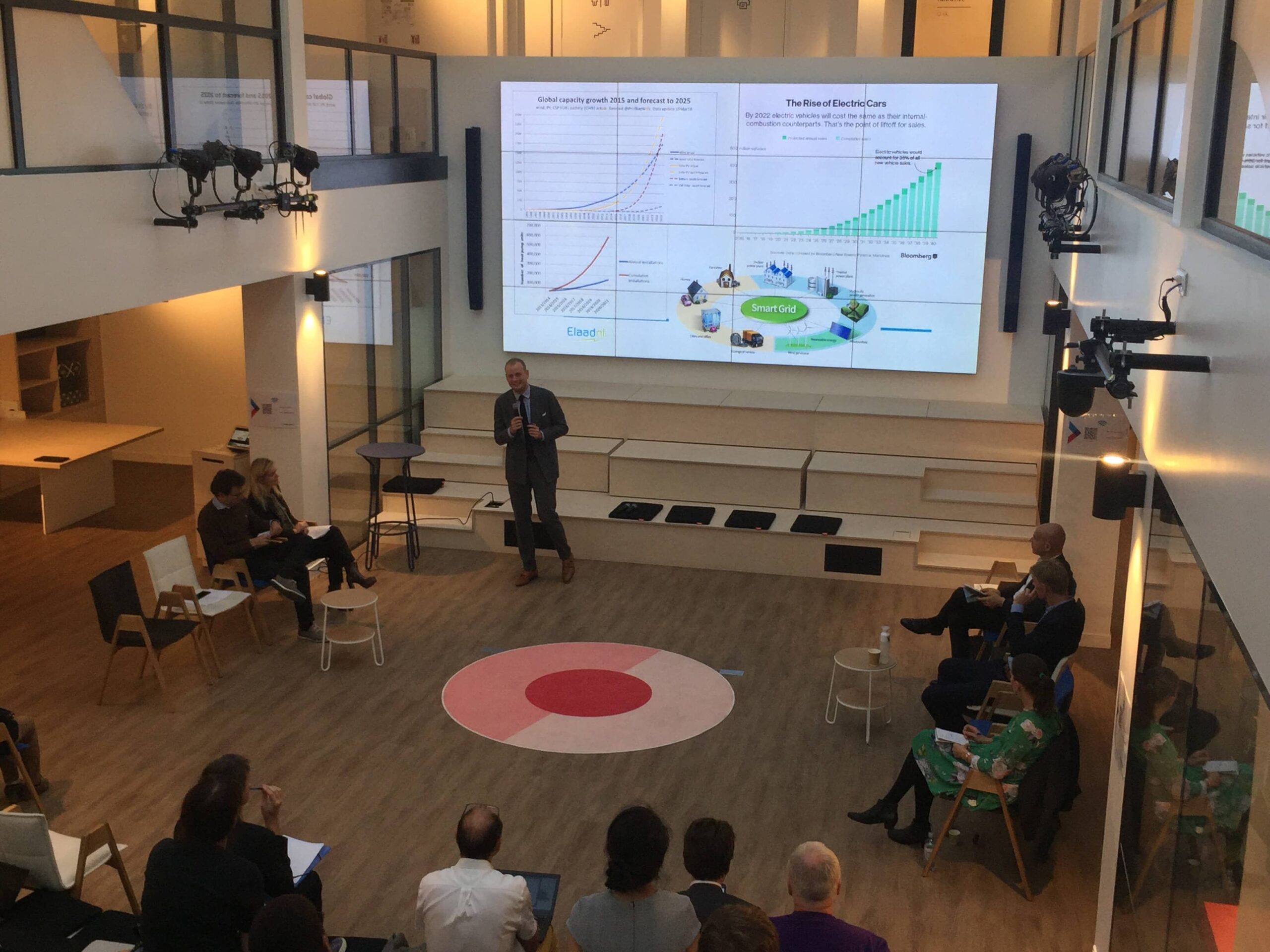
Electric mobility and networks: skillful steering required
While the introduction of many electric vehicles in the future is not expected to raise any issues in terms of overall electricity consumption, the network risks becoming saturated, as consumption peaks could be greatly amplified by the recharging of these vehicles. According to Gijs Van Der Poel, market analyst at ElaadNL, and Eric Salomon, Enedis director for the Paris area, the challenge consists in supporting the development of electric mobility while avoiding costly investments aimed at preparing the network for unnecessarily high peaks. For this, they recommend an optimized distribution of charging solutions to meet only the real needs of drivers (fast charging for taxis, slow charging at home and work, etc.) and the standardization of smart charging which, thanks to data analysis, can help monitor vehicle-charging and shave consumption peaks.
On the necessity of partnership dynamics
Although still a minority on our roads, electric vehicles can be used everywhere in our cities, even for electric construction machines or ferries, to help mitigate the impacts of greenhouse gases and polluting emissions. To support the fragile current momentum, urban stakeholders, with local authorities at the helm, will have to continue and intensify current efforts and put electric mobility at the heart of urban mobility policies. This commitment must come with the gradual decarbonization of electricity production, without which the benefits of electric mobility will inevitably remain limited.
These other publications may also be of interest to you:

Oslo : reimagining the City for a Carbon-Free Future

Lisbon beyond the Tagus
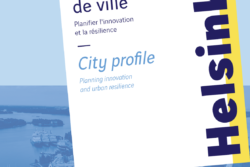
Helsinki : Planning innovation and urban resilience

A warm tomorrow

Sending out an SOS

Behind the words: telecommuting

Behind the words: urban congestion
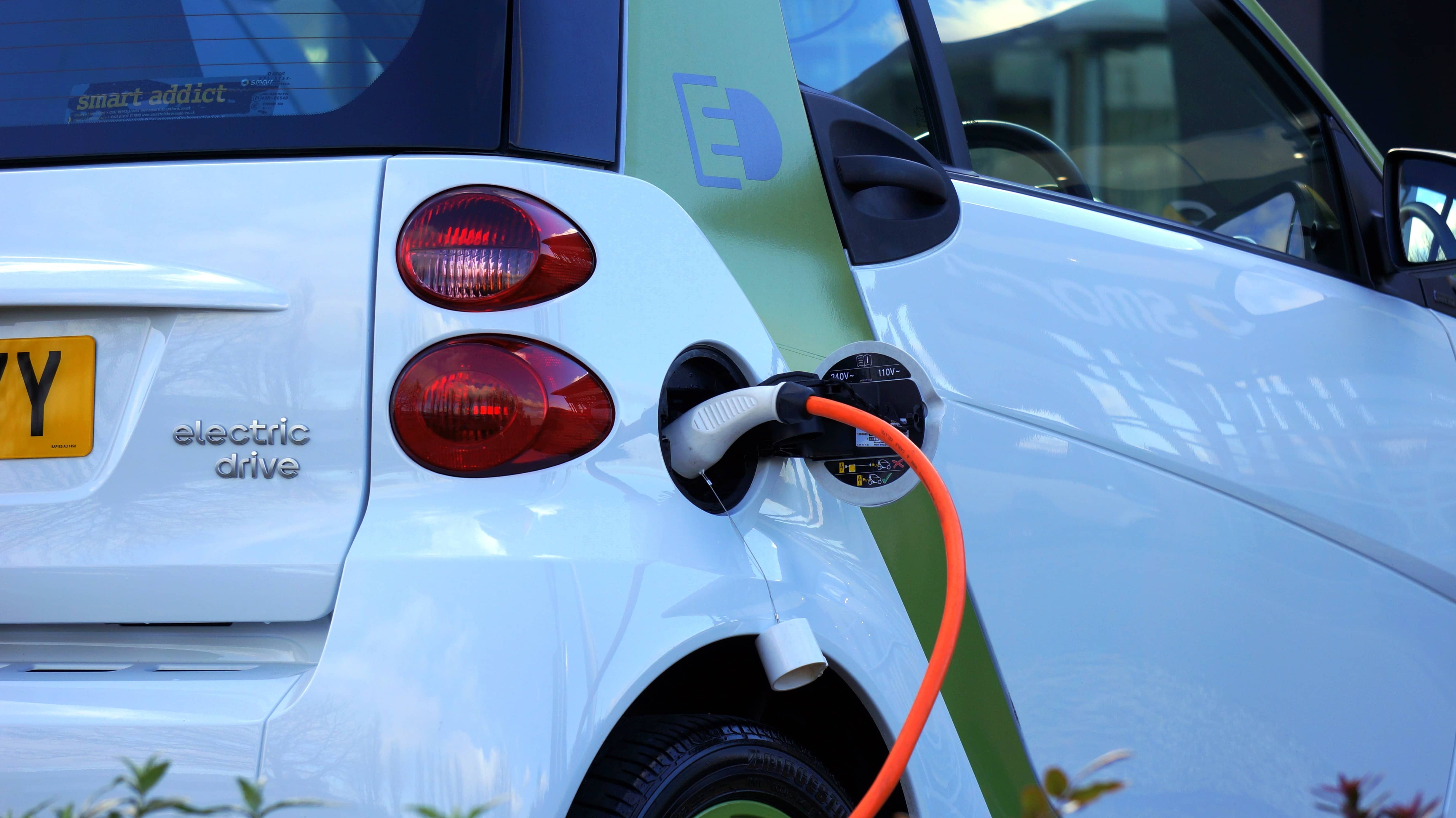
The political and technological challenges of future mobilities

Nature in the city

Inventing the future of urban highways
La Fabrique de la Cité
La Fabrique de la Cité is a think tank dedicated to urban foresight, created by the VINCI group, its sponsor, in 2010. La Fabrique de la Cité acts as a forum where urban stakeholders, whether French or international, collaborate to bring forth new ways of building and rebuilding cities.
















